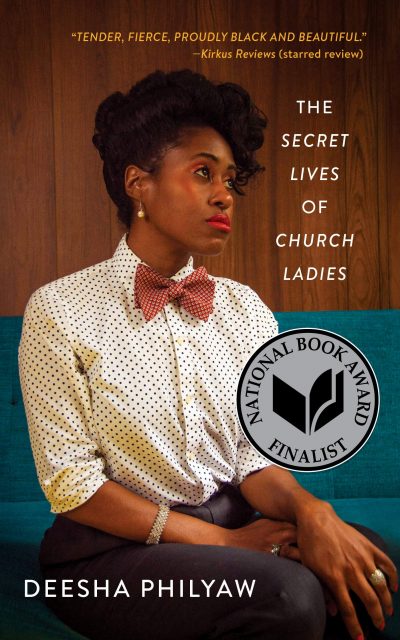I don’t mind admitting that I get stuck as a writer—occasionally. Well, pretty often. Okay, I mean constantly. And I’m not talking about jamming up over a flowery paragraph or a pivotal scene. I’m saying that I’ll be four pages into a new story (on what I’ve come to imagine on my worst days as the road to hell, thanks to a willful misinterpretation of Ron Carlson Writes a Story) and I’ll not only forget how to write a sentence, but I’ll lose sight of how a short story should even look. I used to feel ashamed about my lapse in genre memory and the sweaty-palm, shallow-breath panic that followed, but I’ve convinced myself that all writers catch the yips.
I’ve learned to keep a small stack of short fiction in my desk drawer as a remedy—a way to interrupt my bad habits, challenge my stale techniques, and remind me of the moves the best stories are capable of making. The story I keep on top is “Irish Girl” by Tim Johnston. Originally published in the now-defunct DoubleTake Magazine, it was later selected for the 2003 O. Henry Prize Stories and anthologized by David Sedaris in Children Playing Before a Statue of Hercules. I first found the story in Johnston’s debut collection, also titled Irish Girl, which won the 2009 Katherine Anne Porter Prize in Short Fiction. I’d bought the book because the contest judge was Janet Peery, who wrote another story I keep in my drawer as a curative tonic, “What the Thunder Said.”
“Irish Girl” opens simply enough with the protagonist as an eight-year old boy playing with army men under the kitchen table. His older brother kicks his leg—“not too hard but not too soft, either”—and tells him that his parents want to speak to him in the bedroom. Then, in a move I don’t recollect seeing in any other story, the writer breaks out of scene for the briefest of paragraphs to contextualize the family and the era they inhabit by telling the reader what the protagonist does and doesn’t know: “Charlie didn’t know… about Nixon’s decision to send troops into Cambodia, or how that led to the shootings at Kent State… He did know a little about the thirteen boys from the agricultural college arrested for rioting, because his father had been their lawyer. But he didn’t know that the trial, which had made the news every night for two weeks… had given his father the idea to run for office.” The story drops back into scene—the eve of his father’s departure for the Iowa House of Representatives—and the protagonist learns that his older brother is adopted.
The story does an excellent job portraying not only how the adopted brother grows distant from his parents and younger brother over the space of four years, the “blue light” going from his eyes, but it also subtly reveals a family held prisoner by its inability to adapt to a changing country. That’s a highfalutin way to say that it’s a damn good story, a story that cures the yips that ail me by reminding me what I can get away with in the best short fiction: direct language, echoing imagery, and earned sentiment.
Further reading:
- See the entire “Stories We Love” series (so far!)
- Find a copy of Irish Girl at an indie bookstore near you.






